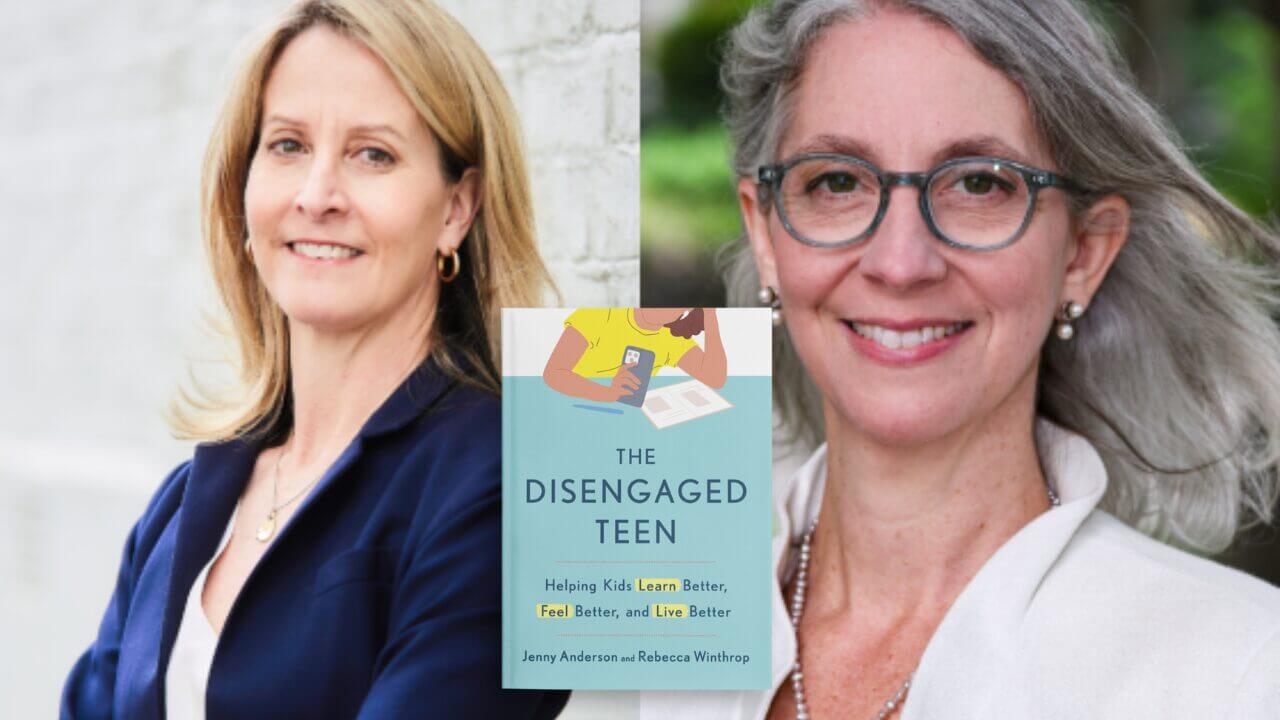Spanish Translation of Landmark Book on Improvement Science in Education to Be Released on April 29
April 26, 2021
Learning to Improve: How America’s Schools Can Get Better at Getting Better to Be Launched in Chile
On Thursday, April 29, the Spanish translation of the groundbreaking book on the use of improvement science in the field of education, Learning to Improve. How America’s Schools Can Get Better at Getting Better by Anthony S. Bryk and colleagues from the Carnegie Foundation for the Advancement of Teaching, will be released at a virtual event in Chile by Fundación Educacional Oportunidad. The nonprofit organization, which spearheaded and managed the translation over the last year, is simultaneously making the book available to the entire Spanish-speaking community in the region and the world.
“The translation of this book is very important,” say the authors who with Bryk are Louis M. Gomez, Alicia Grunow, and Paul G. LeMahieu. “With it, the community of improvers expands enormously and diversifies considerably in terms of the political, cultural, and systemic contexts in which we learn to improve.” All of the authors will participate in the virtual book release.
The relationship between Fundación Educacional Oportunidad and the Carnegie Foundation goes back to 2018 when it was honored with the Spotlight on Quality in Continuous Improvement. This recognition was based upon the Foundation’s work using improvement-science based approaches to improve children’s language development and early literacy practices and outcomes and build new capabilities among school leaders, teachers, and teachers’ aides. Fundación Educacional Oportunidad has been a sponsor of Carnegie’s Summit on Improvement in Education since 2019.
“We are very happy to make this book available to the education field of the Spanish-speaking world,” says Marcela Marzolo, Executive Director of Fundación Educacional Oportunidad. “In a simple and clear way, Learning to Improve shows us why it is so difficult to improve and then proposes paths that can address such challenges and lead us to getting better results. Our foundation has been working with these principles for more than a decade, and we can say that it has been a process of great learning and achievements that have had a positive impact on the learning process of the children and teenagers of the schools with which we collaborate.”
Fundación Educacional Oportunidad promotes the development and learning of children and teenagers, with a focus on literacy, through collaborative networks and the continuous improvement of pedagogical and leadership practices. Since 2011, the Foundation has been creating improvement networks within public schools. This model guarantees local relevance by allowing ideas to be tested and adjusted to different contexts—an important factor because the Foundation makes available the knowledge it generates to all schools in the country.
“Today we know that networking and the use of continuous improvement methodologies work precisely because they are rooted in the realities of each country and territory and can be adapted to the needs of each context,” says Marzolo. “Improvement science helps us to understand the underlying problems behind the results we are obtaining so that we can develop feasible, long-lasting, and scalable solutions.”
The authors are grateful for the work done by Fundación Educacional Oportunidad in creating the translation and enthusiastic about the impact the ideas in the book can have on a new community of educators. “The Spanish version of this book is an invitation to get to know and begin to implement this approach in any type of educational context throughout the Spanish-speaking world,” says the authors. “As improvers working in the U.S., we are excited to learn with and from you as you engage with these ideas and explore how networked improvement science can tackle long-standing problems in the performance of educational systems.”
Registration for the virtual release is open to the public.
The Carnegie Foundation for the Advancement of Teaching is committed to solving long-standing inequities in educational outcomes. The Foundation addresses problems that impact large numbers of students; tests innovations on the ground; understands what works, why it works, and in what contexts; and shares what it learns for use by others. In so doing, Carnegie integrates the discipline of improvement science and the use of structured improvement networks to build the education field’s capacity to improve.





